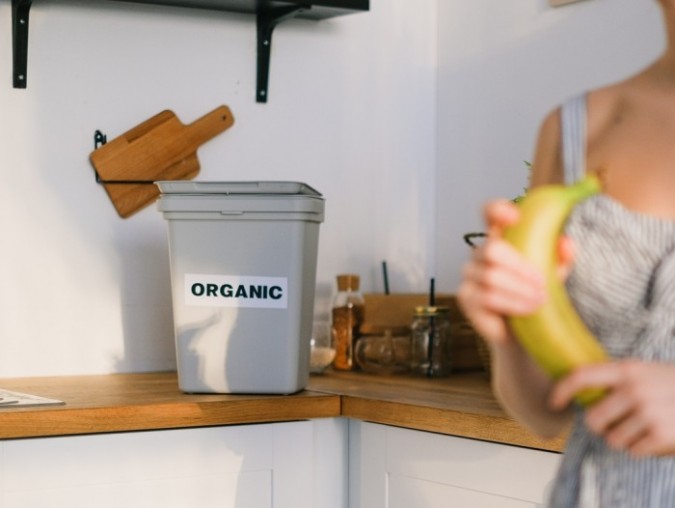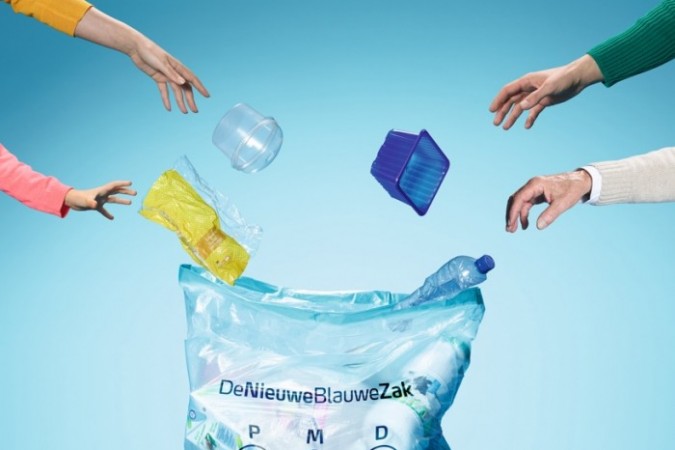Bioplastics : how to recycle?
What are bioplastics exactly?
The term bioplastics is often used for two different types of plastics. First, you have the plastics made from biological material, also called the biobased plastics. Biobased plastics are plastics made from biological raw materials, for example plants, corn or potatoes. Then you have the plastics that are biodegradable, also called biodegradable plastics. This term cannot legally be used in Belgium, so it is better to speak of compostable packaging or biodegradable packaging. Compostable plastics are plastics that can be broken down by microorganisms into harmless particles. To what extent the material is compostable depends on the environment in which the packaging will be decomposed (professional composting, home composting, in soil, fresh or salt water). Importantly, however, it says nothing about how quickly this happens and under what conditions.

Do not throw biodegradable plastics into your organic waste
As reported above, in Belgium it is prohibited by law to put the word "biodegradable" on any packaging. This causes a lot of confusion among consumers. For a long time, this created the link that biodegradable plastics could go on the compost heap or in the garbage bag at home. Today, most packaging is designed to break down only in industrial conditions, where high temperatures are continuously reached to break down the bioplastic. A traditional compost pile at home will never reach these temperatures, of course.
Only certified packaging, for example the very thin bags made of compostable material (read, the bags for fruit and vegetable waste), may be included in the compost pile. After quite a bit of reading, it appears that there is no uniform guideline on exact thicknesses and material. What matters is how the material to be certified must be tested and which requirements it must meet. So every product put on the market has to be tested and certified.
Will they be allowed in the (new) blue PMD bags?
Packaging with a "compostable" or "biodegradable" label should not be thrown in the PMD bag. This can actually disrupt the recycling process because some sorting sensors do not recognize the packaging properly. The result? The recyclates are of lower quality, color fading occurs, etc. In other words, biodegradable plastics therefore cause contamination and the resulting plastic recyclate can no longer be used for new products as a result. When the packaging does get recognized by the sorting sensors, it ends up in the fraction going to incineration anyway.

Biodegradable plastics belong to residual waste
In organic waste, biodegradable plastics still leave too much residual material after composting, even in the blue PMD bags they disrupt the recycling process. Bioplastics therefore belong with residual waste. This for the simple reason that there is not yet another, workable alternative to recycle these plastics. So the ideal bioplastics that can serve as a solution to the plastic soup does not quite exist yet. On one side, things are going well because we are already using renewable raw materials for our plastic products. On the other hand, we don't yet have a favorable recycling process for this and so it just ends up in our residual waste.
In our opinion, there are too many rules and logos today for consumers to see the wood for the trees. Our advice? Make this more uniform at all levels : from government to retail sector, from producers to users of packaging.
Source : Bioplastics (z.d.-b). Website NL. Consulted on Oct. 6 2022, from https://ovam.vlaanderen.be/bioplastics